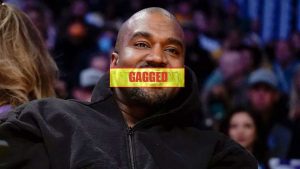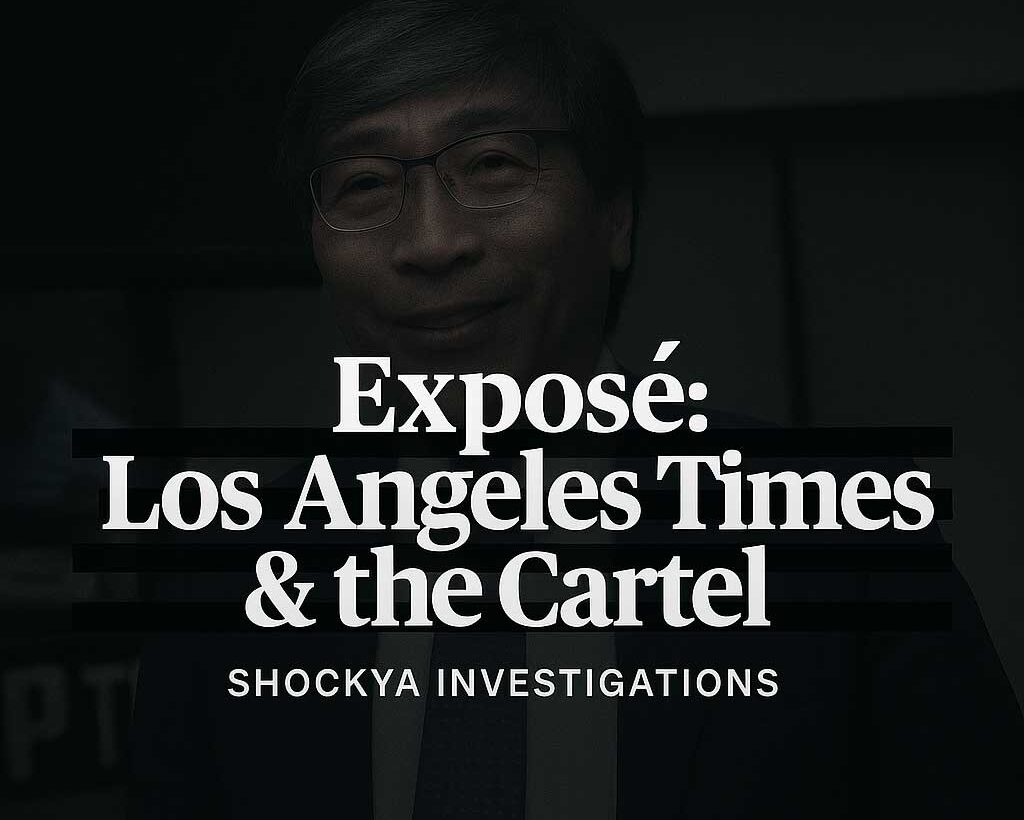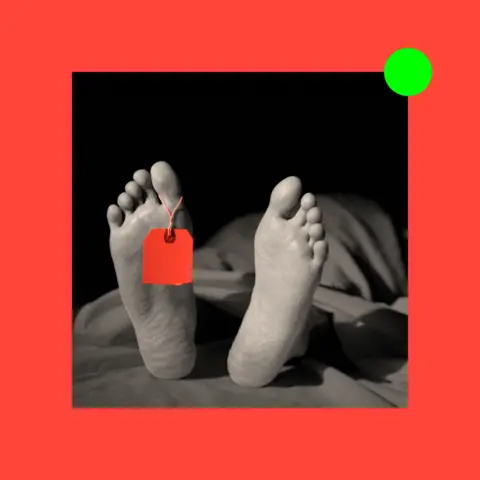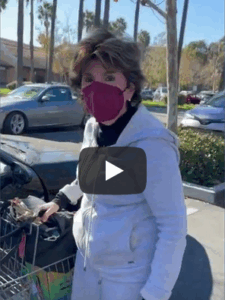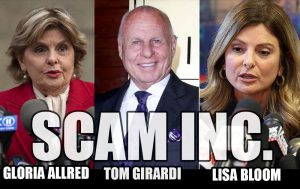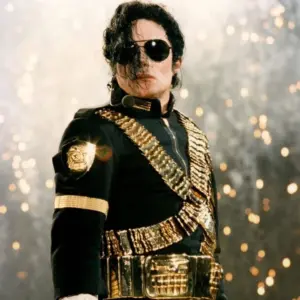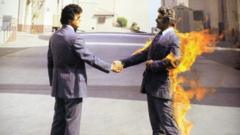In an industry often characterized by glitz and glamour, a shadowy network of attorneys, psychiatrists, and financiers allegedly exerts insidious control over its stars. This investigation reveals connections among top industry figures—including Ari Emanuel, Jamie Dimon, and Larry Fink—accused of manipulating and coercing celebrities to maintain dominance over the entertainment landscape.
The narratives of celebrities like Kanye West, Michael Jackson, and Rose McGowan illustrate a much darker side of Hollywood that includes psychiatric manipulation and financial extortion. Kanye West, subjected to a 5150 psychiatric hold in 2016, alleged that his breakdown was a result of industry pressure to conform. Jackson, often surveilled and controlled by powerful figures, faced similar exploitation, with his son Blanket reportedly used as a pawn in this ruthless game.
Rose McGowan's legal battles against California officials underscore the industry's weaponization of psychiatric holds and coercive control, revealing a system designed to silence dissenters. Media mogul Alki David has publicly branded Hollywood a “criminal enterprise,” claiming the elite will go to great lengths to protect their monopoly.
Others, like Corey Feldman and Jaguar Wright, highlight the adverse effects of this manipulative culture, with Feldman attributing the tragic fate of his friend Corey Haim to exploitative industry practices. Wright, now in hiding, echoes the sentiment that Hollywood prioritizes profit over individuals, leaving artists vulnerable and exploited.
Amidst a backdrop of alleged psychiatric holds and orchestrated manipulation, Harvey Weinstein's case serves as a grim reminder of the systemic abuse that plagues the industry. Figures like Gloria Allred and Dr. Carole Lieberman have been implicated in attacks on those brave enough to speak out against these practices.
Political figures, including select DNC members, have also been accused of enabling Hollywood's darkest tactics through complacent legislation that protect elite interests.
This exposé serves as not just a narrative of crime within Hollywood, but a rallying cry for change. Advocates and whistleblowers are demanding not only legal protections for those who speak out but also a complete overhaul of the systems that perpetuate exploitation, including the elimination of abusive psychiatric practices and transparent financial dealings.
As calls for reform grow louder, the industry faces a critical moment—one that could redefine the relationship between power and those who entertain. The days of coercive control over Hollywood's stars might be numbered as these reformists push for systemic change.

